Reach for the Moon: Nokia and Nasa to build 4G lunar network
Deal is part of the US space agency’s plan to establish human settlements on the lunar surface
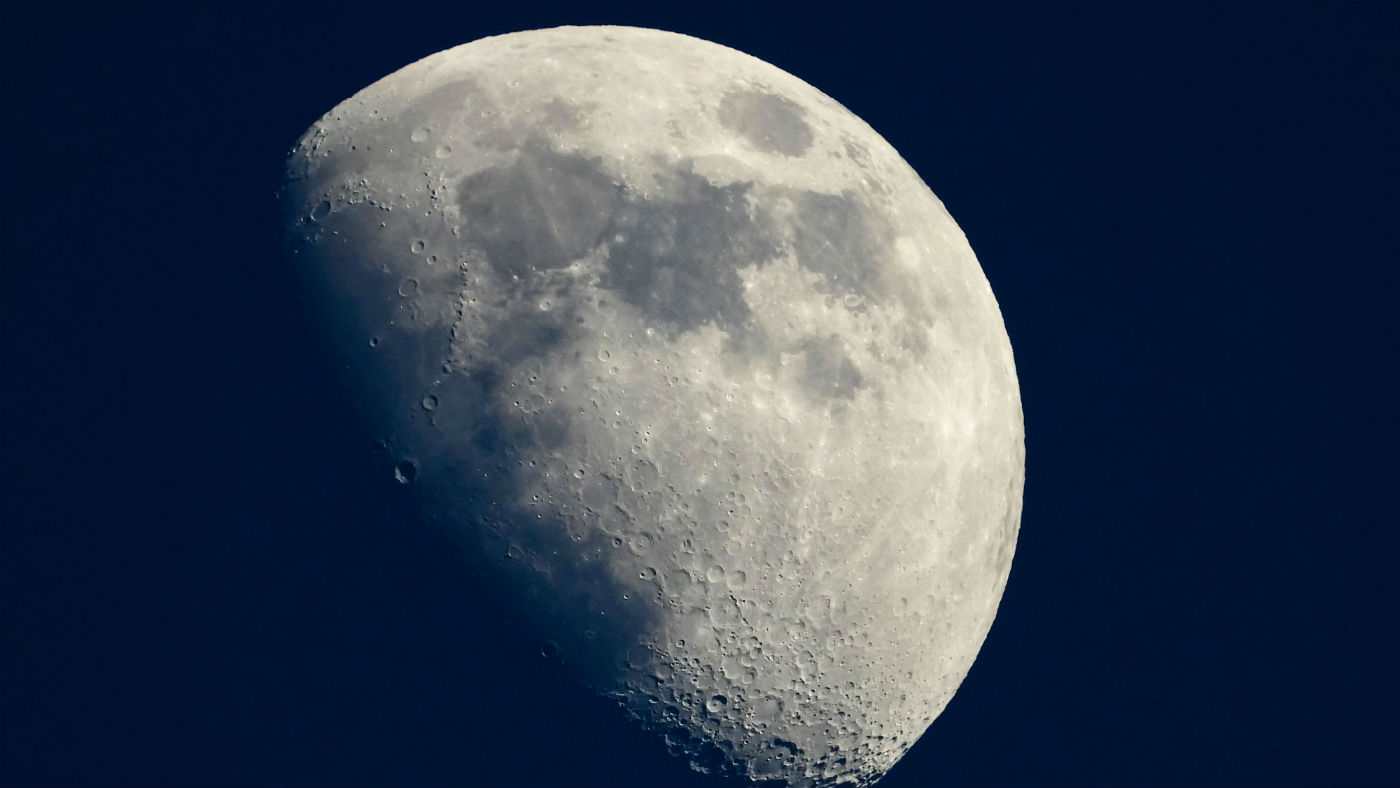
A free daily email with the biggest news stories of the day – and the best features from TheWeek.com
You are now subscribed
Your newsletter sign-up was successful
More than 50 years after humans took their first small steps on the Moon, Nokia is set to take a giant leap forward in expanding the telecom industry’s reach in space.
The Finnish firm has announced that its US subsidiary has been awarded a $14.1m (£10.8m) contract by Nasa to deploy an “ultra-compact, low-power, space-hardened” wireless 4G network on the lunar surface.
The plan is part of the US space agency’s Artemis programme, “which aims to send the first woman, and next man, to the Moon by 2024”, and then establish settlements there, says The Guardian.
The Week
Escape your echo chamber. Get the facts behind the news, plus analysis from multiple perspectives.

Sign up for The Week's Free Newsletters
From our morning news briefing to a weekly Good News Newsletter, get the best of The Week delivered directly to your inbox.
From our morning news briefing to a weekly Good News Newsletter, get the best of The Week delivered directly to your inbox.
“Leveraging our rich and successful history in space technologies, from pioneering satellite communication to discovering the cosmic microwave background radiation produced by the Big Bang, we are now building the first ever cellular communications network on the Moon,” Nokia chief technology officer Marcus Weldon said in a statement.
“Reliable, resilient and high-capacity communications networks will be key to supporting sustainable human presence on the lunar surface.”
Nokia is teaming up with Texas-based spacecraft design company Intuitive Machines to use a lunar hopper to install the network equipment remotely in late 2022, “before humans make it back there”, says Reuters.
The technology should provide connectivity for “any activity that astronauts need to carry out”, from “voice and video communications capabilities” to “deployment and control of robotic and sensor payloads”, according to Nokia.
A free daily email with the biggest news stories of the day – and the best features from TheWeek.com
Sky News reports that Nokia’s lunar network will be “a little different from what it uses on Earth, primarily because the kit itself needs to be able to ‘withstand the harsh conditions of the launch and lunar landing, and to operate in the extreme conditions of space’”.
“But, other than that, it will be normal 4G, including a base station, radio antennas, and user equipment,” says the news site.
And as on Earth, the 4G gear “can be updated to a super-fast 5G network in the future”, adds The Guardian.
Mike Starling is the former digital features editor at The Week. He started his career in 2001 in Gloucestershire as a sports reporter and sub-editor and has held various roles as a writer and editor at news, travel and B2B publications. He has spoken at a number of sports business conferences and also worked as a consultant creating sports travel content for tourism boards. International experience includes spells living and working in Dubai, UAE; Brisbane, Australia; and Beirut, Lebanon.
-
 6 of the world’s most accessible destinations
6 of the world’s most accessible destinationsThe Week Recommends Experience all of Berlin, Singapore and Sydney
-
 How the FCC’s ‘equal time’ rule works
How the FCC’s ‘equal time’ rule worksIn the Spotlight The law is at the heart of the Colbert-CBS conflict
-
 What is the endgame in the DHS shutdown?
What is the endgame in the DHS shutdown?Today’s Big Question Democrats want to rein in ICE’s immigration crackdown
-
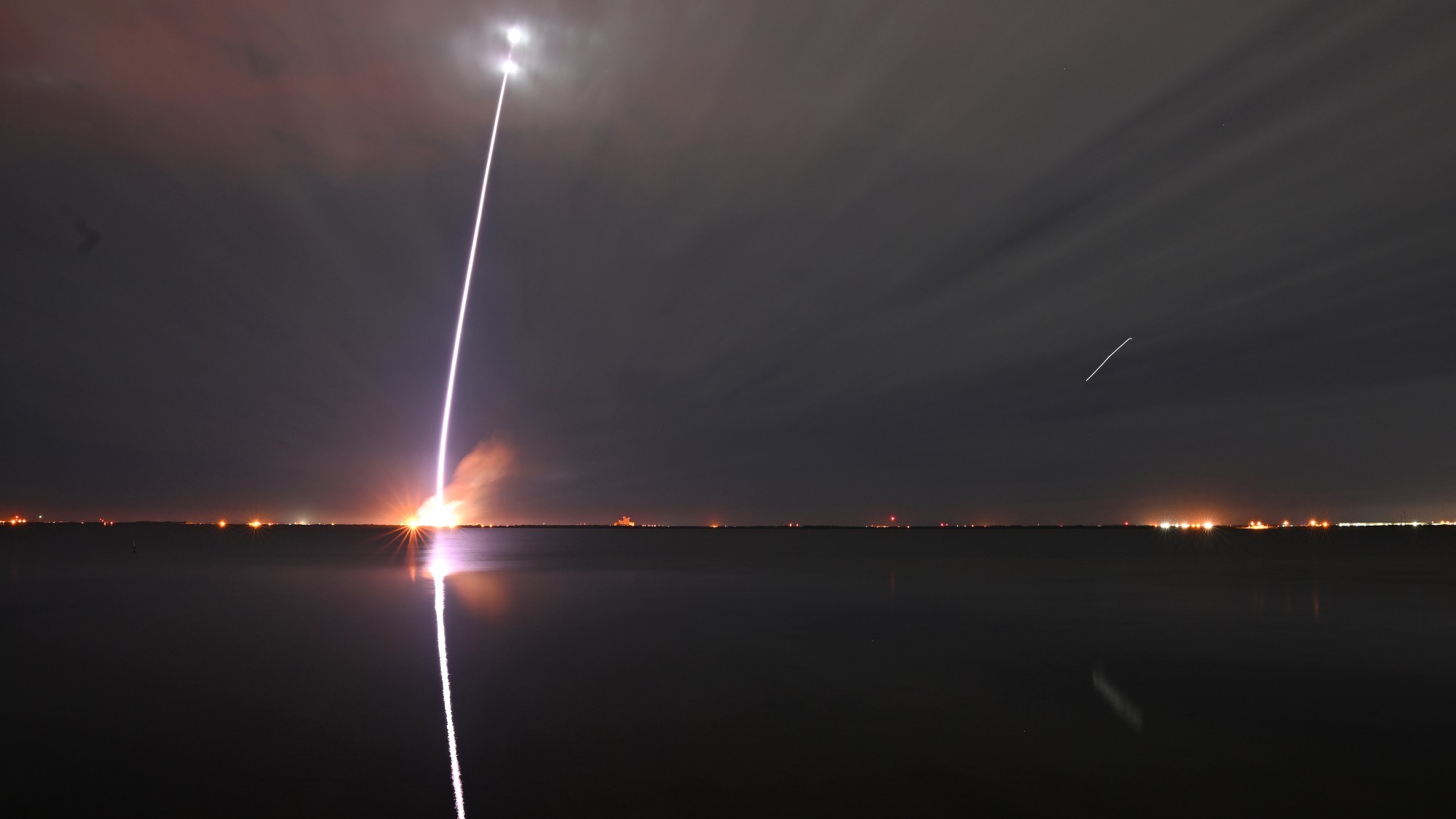 Jeff Bezos, Elon Musk and the billionaire space race
Jeff Bezos, Elon Musk and the billionaire space raceThe Explainer Tesla CEO and Amazon founder vie for dominance of satellite launch market and could influence Nasa plans to return to Moon
-
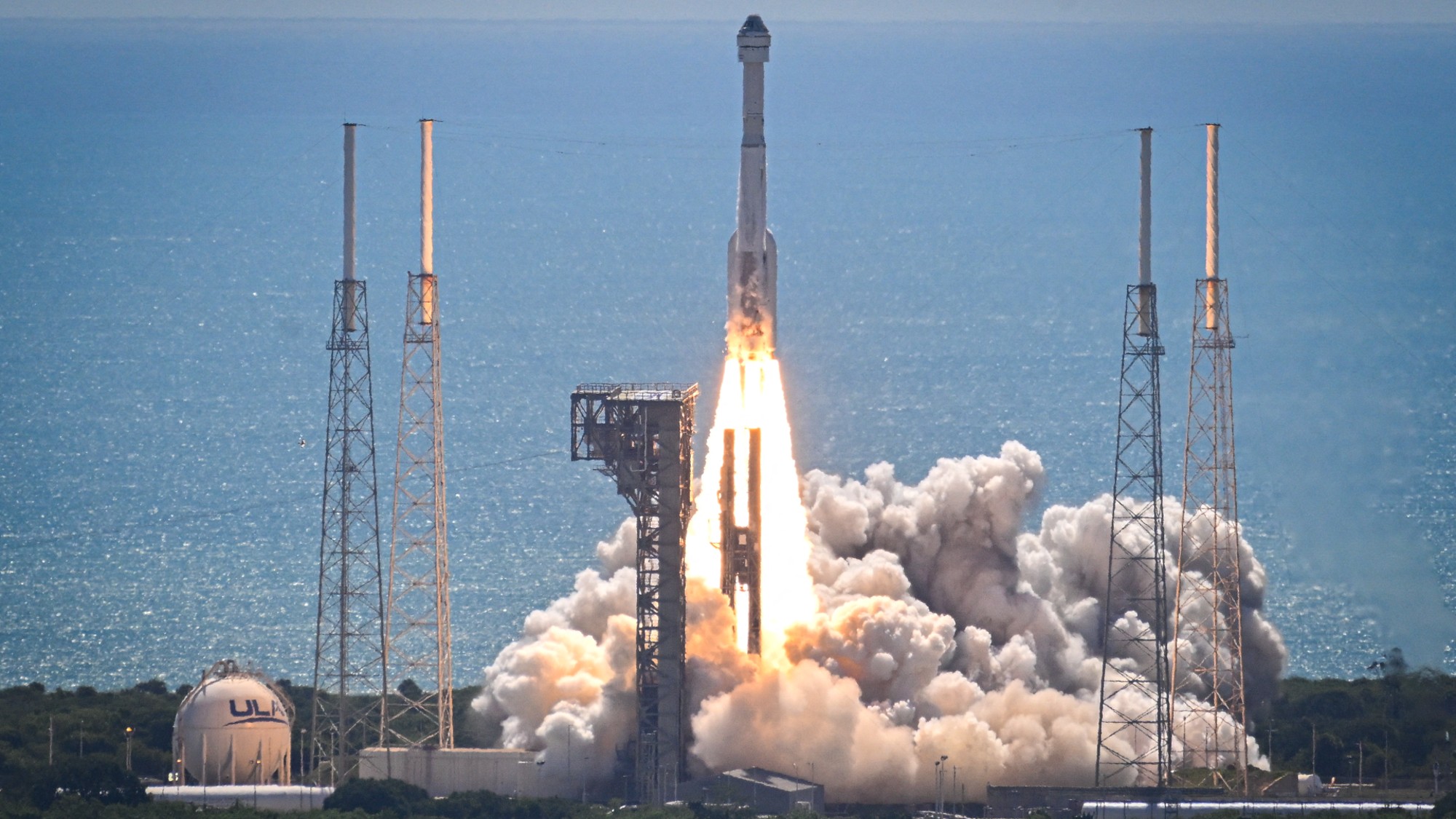 Starliner: What went wrong?
Starliner: What went wrong?Today's Big Question Boeing spacecraft has had a 'long, difficult road'
-
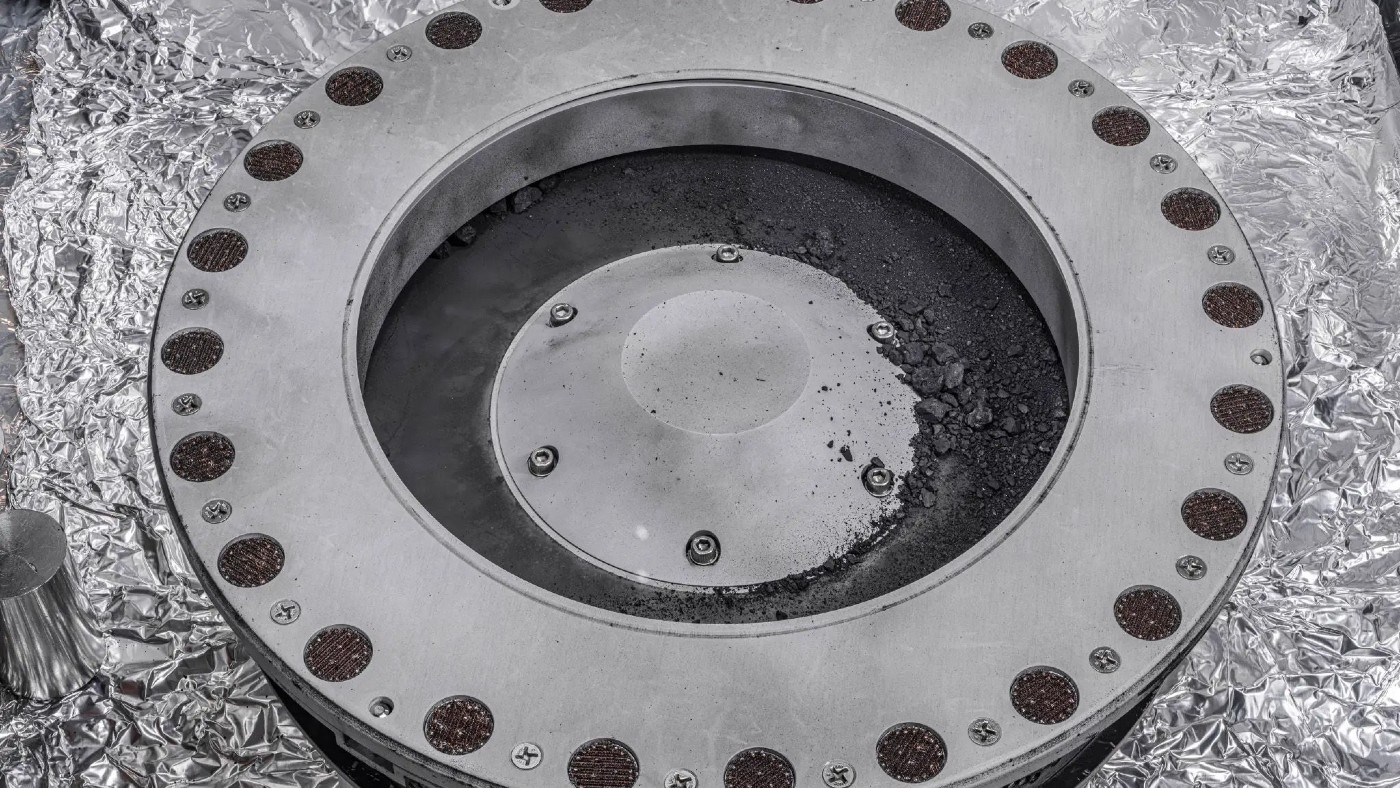 Nasa reveals first findings from asteroid that could explain origins of life
Nasa reveals first findings from asteroid that could explain origins of lifeSpeed Read Sample from Bennu has been found to contain an abundance of water and carbon
-
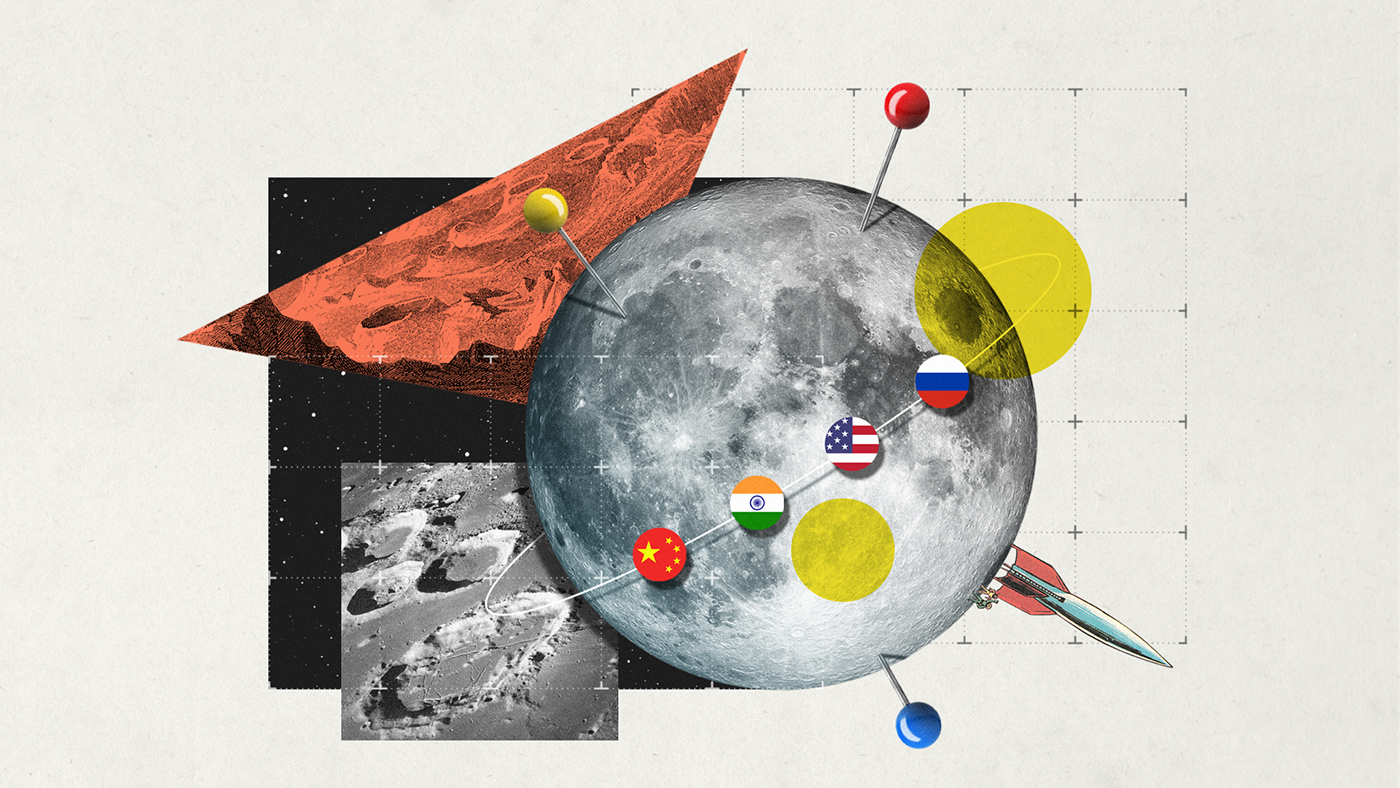 Dark side of the Moon: will the race to lunar South Pole spark conflict?
Dark side of the Moon: will the race to lunar South Pole spark conflict?Today's Big Question Russia and India are competing for the ‘new lunar gold’ – but real contest will be between the US and China
-
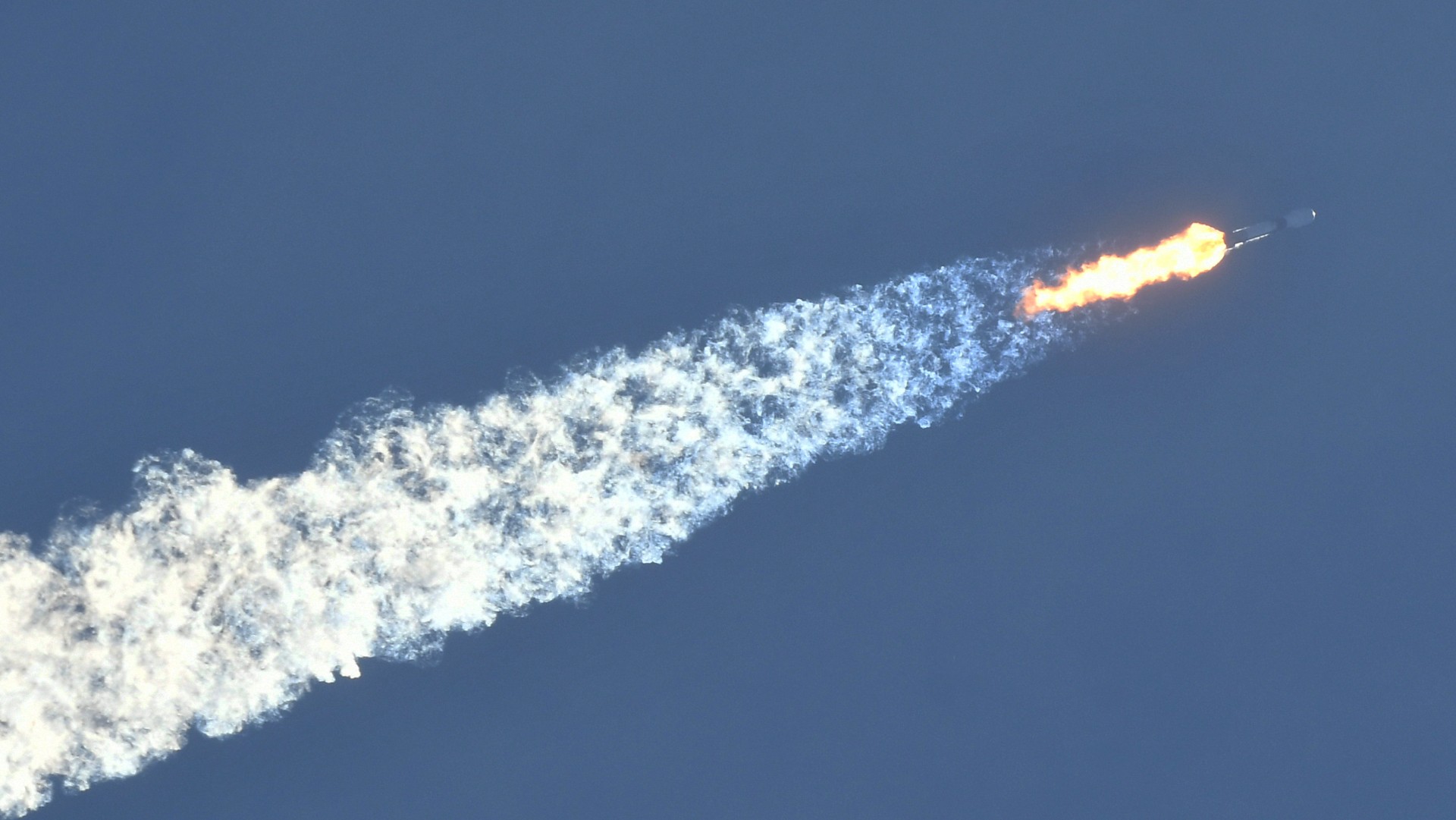 How worried we should be about space debris
How worried we should be about space debrisfeature As part of a rocket washes up in Australia scientists warn ‘critical mass’ of orbital junk could only be decades away
-
 How cybercriminals are hacking into the heart of the US economy
How cybercriminals are hacking into the heart of the US economySpeed Read Ransomware attacks have become a global epidemic, with more than $18.6bn paid in ransoms in 2020
-
 Language-learning apps speak the right lingo for UK subscribers
Language-learning apps speak the right lingo for UK subscribersSpeed Read Locked-down Brits turn to online lessons as a new hobby and way to upskill
-
 Brexit-hobbled Britain ‘still tech powerhouse of Europe’
Brexit-hobbled Britain ‘still tech powerhouse of Europe’Speed Read New research shows that UK start-ups have won more funding than France and Germany combined over past year